Introduction
The Cavalier King Charles Spaniel is renowned for its gentle and affectionate nature.
- Many families choose this breed for its great compatibility and gentle nature with kids
- Understanding their temperament and behavior is essential for family harmony
- This breed's interactions with kids can greatly influence the family dynamic
- This article provides a comprehensive analysis of Cavaliers as family pets
- We will explore their traits, behaviors, and how they fit into family life
1. Temperament and Personality
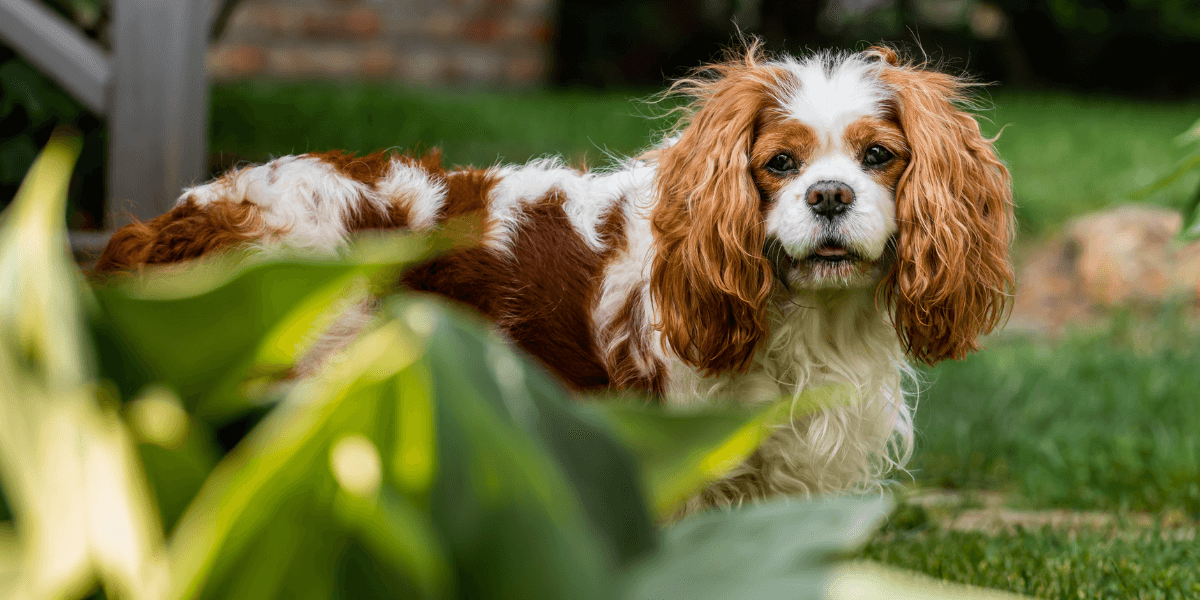
The Cavalier King Charles Spaniel is known for its friendly and easy-going temperament.
- Friendly disposition: Cavaliers are typically warm and welcoming to everyone
- Affectionate nature: They thrive on human interaction and love cuddles
- Playful behavior: Loves playing games and interacting happily with children
- Gentle demeanor: Rarely exhibits aggressive or overly excitable behavior
- Adaptability: Easily adjusts to various environments and changes in routine
- Sociable trait: Gets along well with both other pets and new people in their environment
- Calm presence: Generally maintains a relaxed attitude around children
2. Interaction with Children
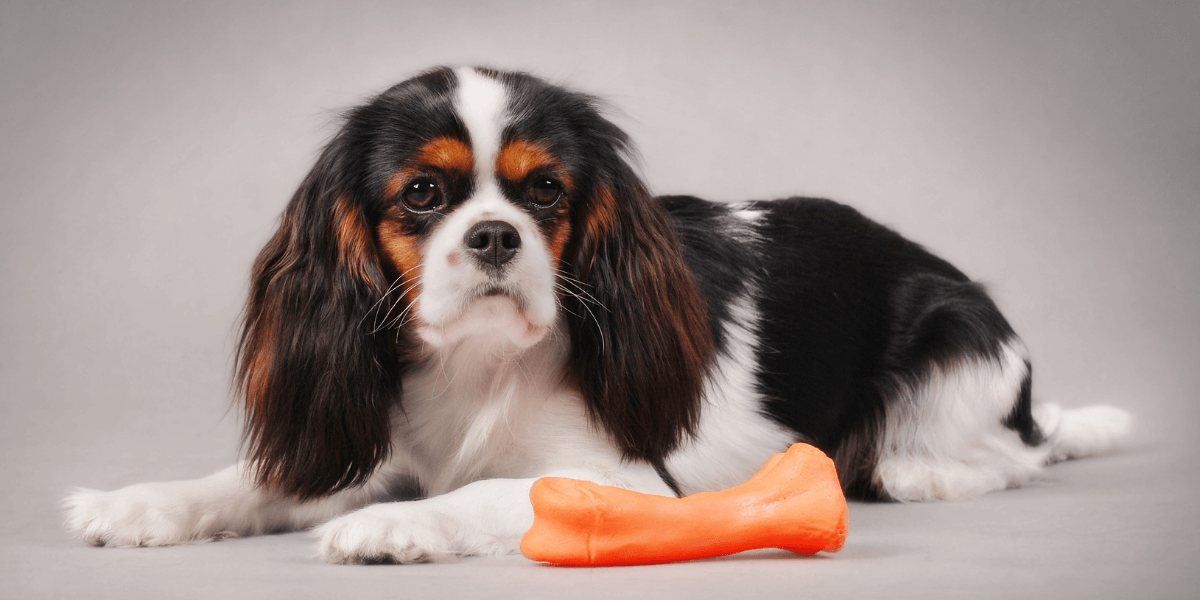
Cavaliers generally interact positively with kids, making them suitable family pets.
- Gentle play: They tend to play softly and are careful not to hurt small children
- Patient attitude: Usually patient and tolerant of children's excitement
- Companionship: Enjoys being a child's buddy and participating in activities
- Sensitive nature: Responsive to children's moods and emotions
- Playful engagement: Engages in interactive games and activities
- Affectionate responses: Shows affection and enjoys being petted by kids
- Training ease: Generally easy to train for interacting calmly with children
3. Suitable Age Groups

The breed is suitable for various age groups within a family.
- Young children: Cavaliers are gentle and adaptable, making them good for younger kids
- Toddlers: They can be patient with toddlers, though supervision is advised
- School-aged kids: They enjoy playing and interacting with school-aged children
- Teenagers: Thrives in a home with teenagers who understand their needs
- Elderly children: Adapt well to families with older children and relaxed environments
- Multi-age families: Fits well into homes with a mix of different age groups
- Flexible nature: Adjusts well to varying activity levels and family dynamics
4. Behavioral Traits
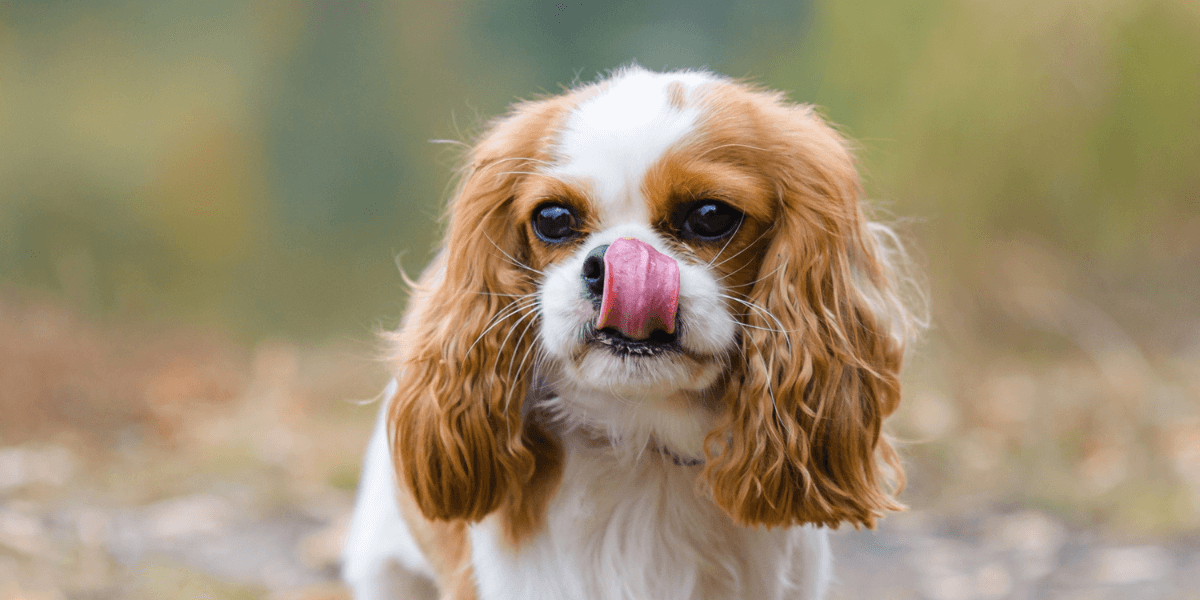
Understanding their behavioral traits can help in managing interactions with kids.
- Low aggression: Cavaliers rarely display aggression towards children
- Curiosity: They are curious and enjoy exploring their surroundings
- Attention-seeking: They may seek attention and affection from family members
- Adaptability: Can adjust to changes in routine and environment smoothly
- Emotional sensitivity: Sensitive to the emotional state of their family members
- Training potential: Responds well to training and positive reinforcement
- Loyalty: Loyal to their family and forms strong bonds with children
Learn about common health issues in Great Danes to ensure your gentle giant stays healthy and happy.
5. Training and Socialization
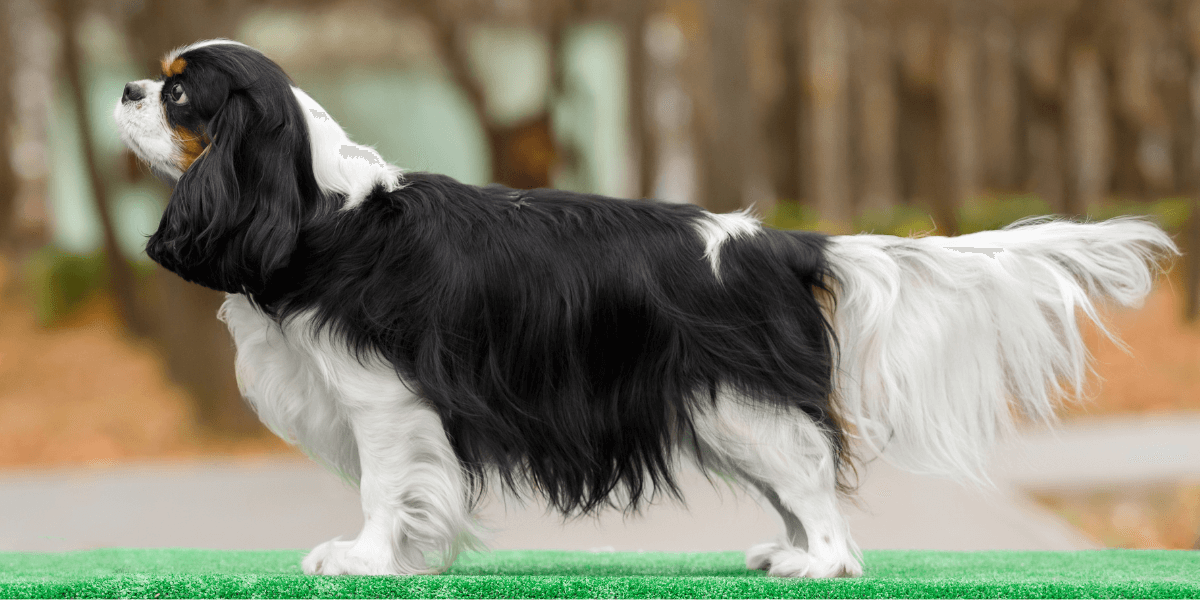
Proper training and socialization are key to ensuring positive interactions with kids.
- Early training: Begin early to set strong behavior patterns and ensure good habits
- Socialization: Expose them to various environments and people from a young age
- Positive reinforcement: Use rewards and praise to encourage good behavior
- Consistent rules: Maintain consistent rules and boundaries for interactions with kids
- Controlled exposure: Gradually introduce them to new experiences and situations
- Supervised play: Always supervise interactions between Cavaliers and young children
- Behavioral adjustment: Address any behavioral issues promptly with training
6. Health Considerations
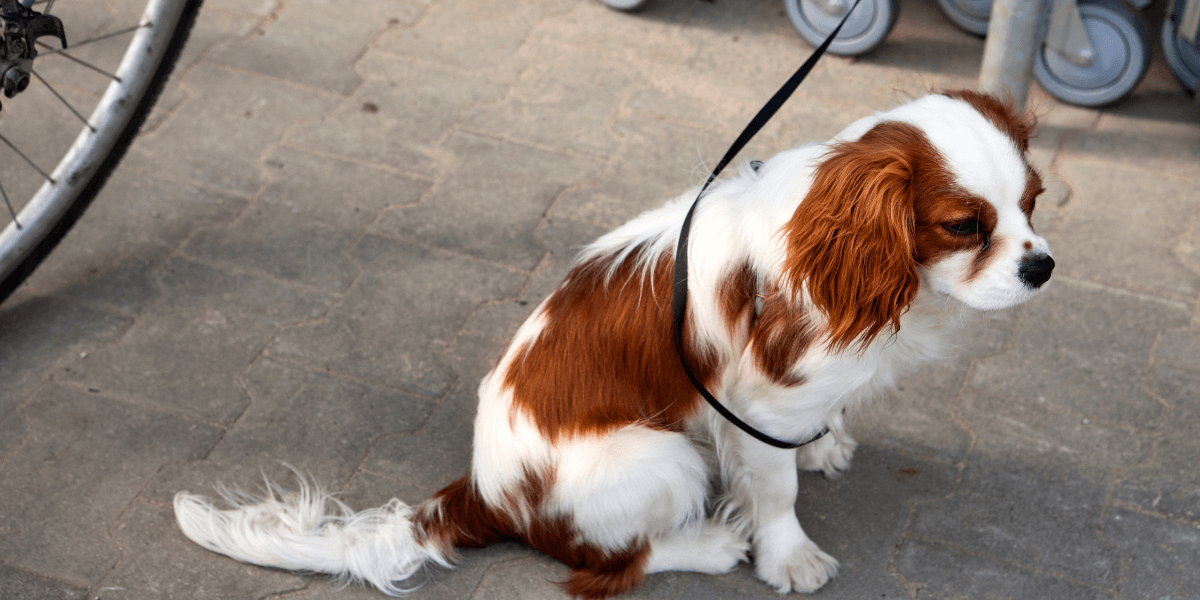
Health considerations are crucial for ensuring a Cavalier’s well-being with children.
- Regular check-ups: Schedule consistent vet visits to maintain your pet's overall health
- Exercise needs: Provide adequate exercise to keep them healthy and happy
- Dietary needs: Follow a balanced diet to support their energy and health
- Grooming Requirements: Regular grooming to maintain coat health and cleanliness
- Health monitoring: Monitor for common health issues such as heart conditions
- Vaccinations: Keep up-to-date with vaccinations to prevent illness
- Preventive care: Use measures to ensure your Cavalier’s optimal health and well-being
Discover effective training techniques for German Shepherds to raise a well-behaved and obedient companion.
7. Family Integration
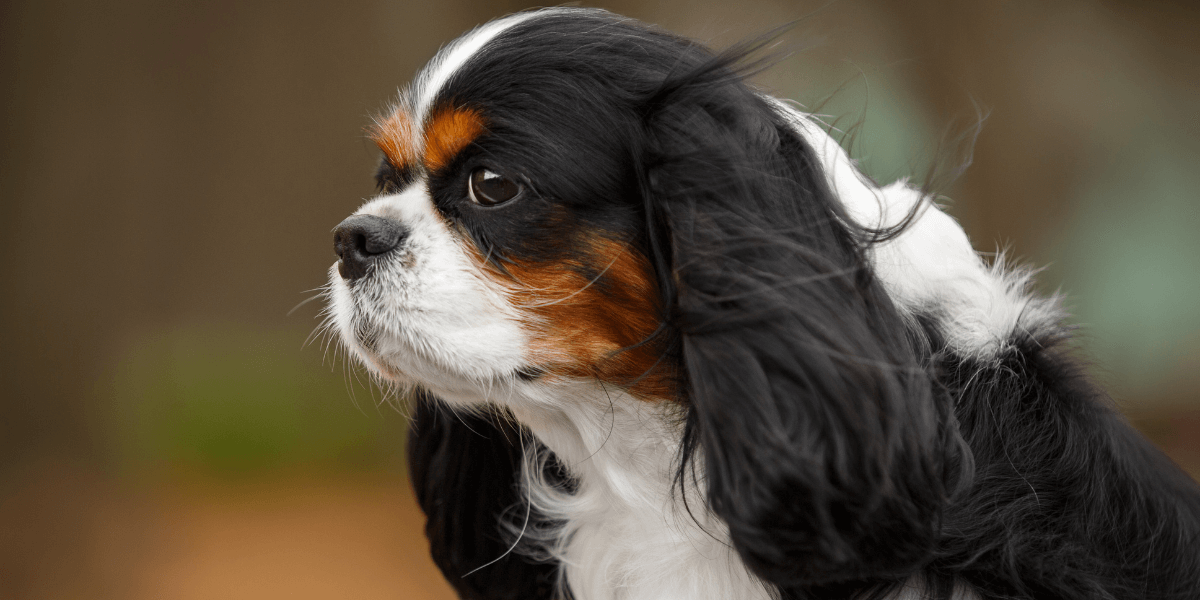
Integrating a Cavalier into a family setting requires attention to various factors.
- Routine establishment: Include the Cavalier in your daily family routine and activities
- Family involvement: Involve all family members in caring for and training the dog
- Shared responsibilities: Distribute the Cavalier's care duties among all family members
- Time commitment: Ensure the breed receives adequate time and attention from the family
- Interactive activities: Engage in activities that include the Cavalier for bonding
- Family support: Support each other in maintaining the Cavalier’s well-being
- Emotional connection: Build a strong bond between your Cavalier and the family
Find out how Bernese Mountain Dogs interact with kids and other pets to see if they're the right fit for your family.
FAQs
1. Are Cavalier King Charles Spaniels good with very young children?
- Yes, they are generally gentle and patient with young children but should be supervised
2. Do Cavaliers require special training to interact with kids?
- Basic training is recommended to ensure they interact calmly and respectfully
3. How do Cavaliers handle rough play from children?
- They are typically tolerant but should be protected from excessive rough play
4. Are Cavaliers a good choice for families with toddlers?
- Yes, they are adaptable and gentle, but supervision is necessary to prevent accidents
5. What are common behavioral issues Cavaliers might have with kids?
- They may exhibit attention-seeking behavior or be sensitive to rough handling
6. How much exercise does a Cavalier need to be happy around kids?
- They need regular exercise to stay healthy and happy, which can fit into family playtime
7. Can Cavaliers be left alone with kids for extended periods?
- They should not be left alone with young children for extended periods to ensure safety
Conclusion
- The Cavalier King Charles Spaniel is a gentle, affectionate breed ideal for families
- They interact well with children, making them suitable for various family settings
- Proper training, socialization, and supervision are key to successful integration
- Their adaptability and playful behavior make them great companions for kids
- Regular health care and attention to their needs ensure a happy and healthy relationship
- Consider a Cavalier King Charles Spaniel if you want a loving, kid-friendly pet
Like this article? Share and like for more insights on pet care!
References
For more info about the Cavalier King Charles Spaniel, check out:



